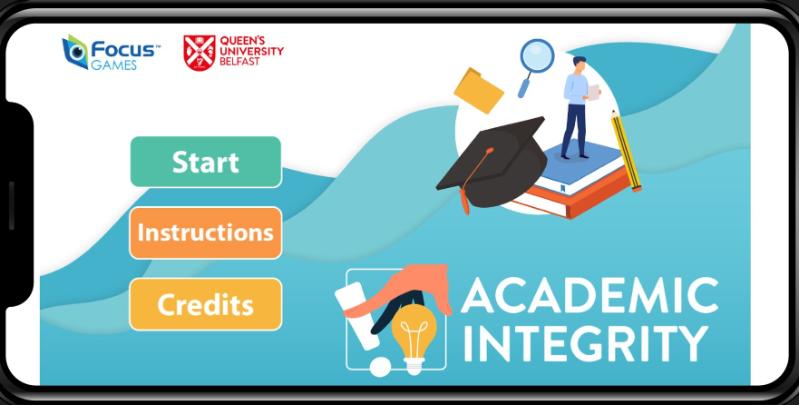Education and Practice
The Education and Practice theme uses co-design and participatory methodologies to support practitioners and students to translate knowledge into practice using digital innovation. Many of our projects focus on scoping the evidence and developing a range of digital resources, enabling practitioners and students to improve the quality of care for service users and carers.
The theme is developing four key areas of activity:
- Technology enhanced learning
- Promoting mental health and wellbeing
- Innovations in assessment
- Simulated learning
Our vision is to facilitate integrated scholarly activity and promote innovation in health care education and practice.
IMPACT Case Studies
Research Expertise of Education and Practice Staff:
- Systematic and scoping reviews of the literature
- Policy development
- Promoting resilience in students and health care professionals
- Mental health and wellbeing
- Development of serious games
- Digital Innovations in curricula
- Coproduction in curriculum design
- Simulated learning
- Service user and carer involvement in curriculum and digital design
- Assessment




